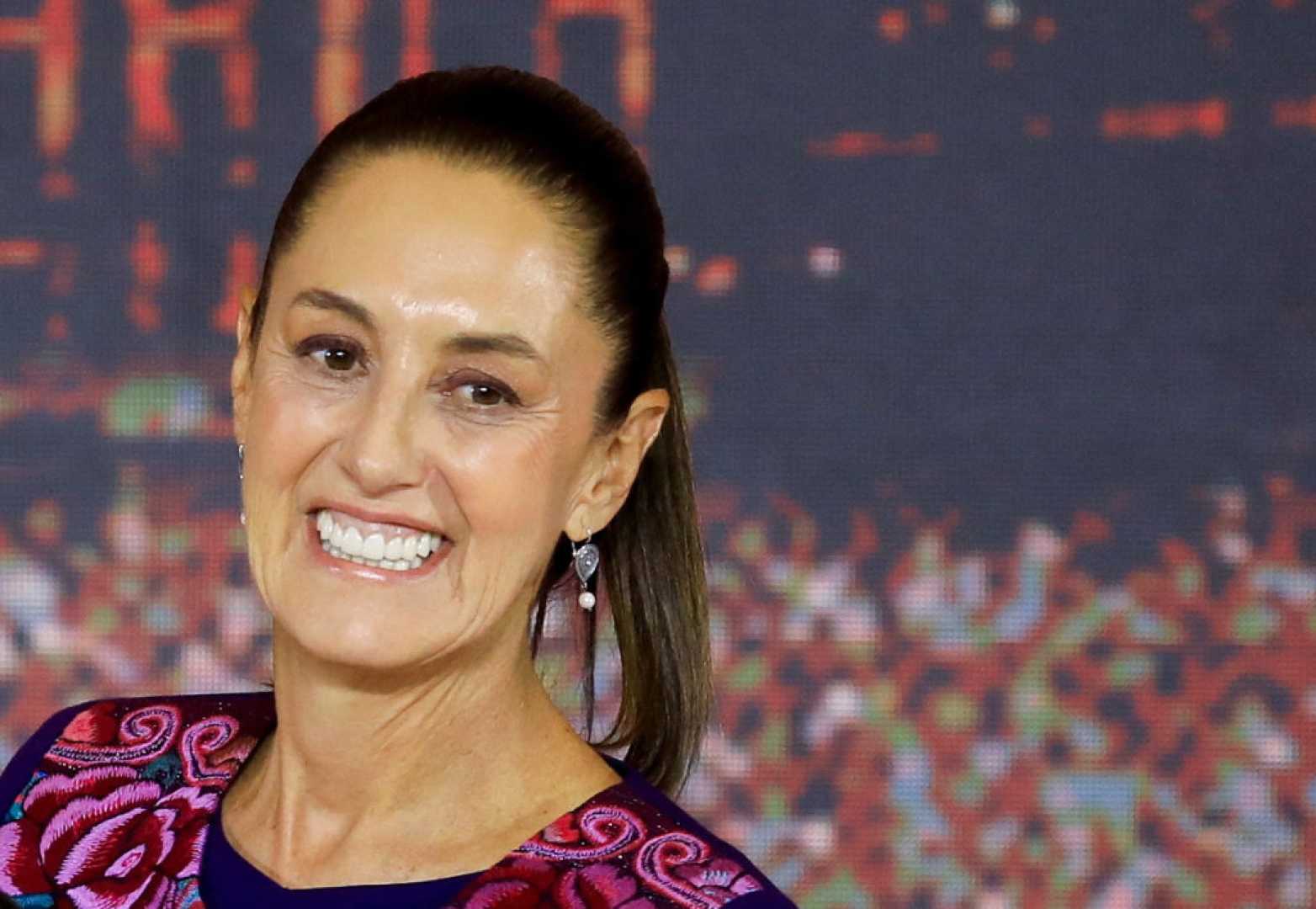News
Mexican President Defends Security Policies After Mayor’s Assassination

MÉXICO CITY, Mexico — Mexican President Claudia Sheinbaum defended her administration’s security policies on Monday following the assassination of Uruapan Mayor Carlos Manzo, raising questions about her government’s ability to combat organized crime. The mayor, 40, was shot on Saturday night during a public event for the Day of the Dead.
Sheinbaum described the attack as shocking and condemned the violence in Michoacán, one of Mexico’s most dangerous states. In her remarks, she rejected calls for a military response, stating that previous militarization efforts had not worked. “There are those who call for war, but that did not work before,” she said.
Manzo died in a hospital after being shot seven times by an unidentified gunman. The attack happened in a crowded plaza, where the mayor had been participating in festivities. Security personnel quickly responded and killed the assailant at the scene.
Since taking office in September 2024, Manzo had faced threats and had requested increased security measures. His protection was reinforced three months later with additional personnel from the National Guard. In May 2025, 14 extra agents were assigned to secure his safety after the mayor had publicly criticized Michoacán’s security policies.
The state’s Secretary of Security, Omar García Harfuch, revealed that the gun used in the attack is linked to previous armed confrontations between rival criminal groups. He stated that investigators are working to identify the shooter, who is believed to be between 17 and 19 years old.
Sheinbaum vowed that there would be no impunity for the crime and that investigations would seek those responsible, both directly and indirectly. “We will act with the full force of the State,” she said.
As protests erupted throughout Uruapan in the wake of the assassination, many voiced anger and demanded justice. Manzo had been vocal about the ongoing violence in his municipality, insisting that Uruapan needed support to confront organized crime.
Even as local authorities report a slight decrease in homicides in the first half of the year compared to 2024, recent high-profile killings have raised concerns about the effectiveness of the administration’s approach to security.












